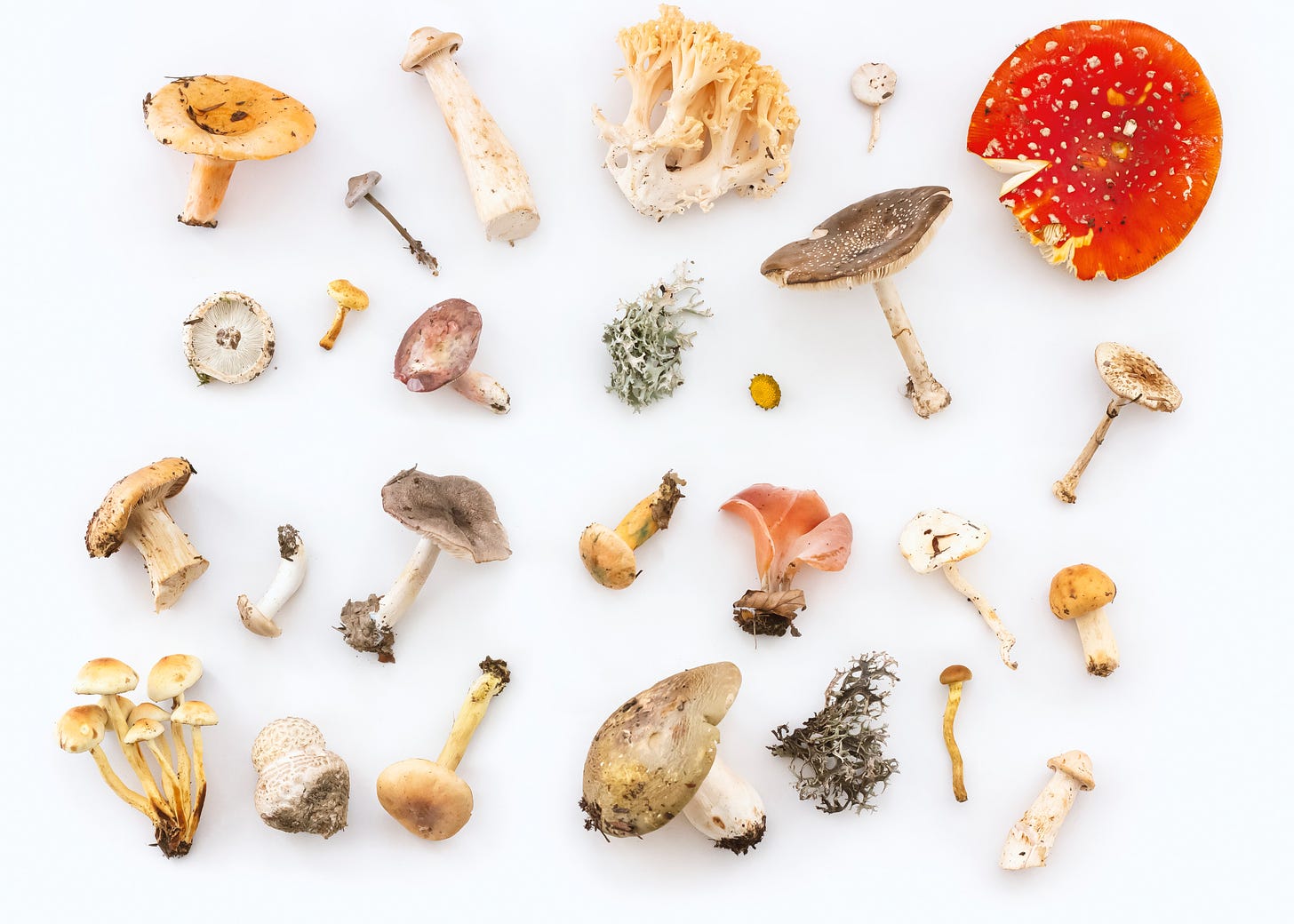Foraging and the Black Market for Wild Foods
Wilds foods have been gaining popularity on fine dining tables. We take a look at the ethics, blackmarket, and history behind foraging.
Foraging exists in a delicate balance with nature. If we take too much, it can lead to environmental degradation. At the same time, it survives as a cultural tradition and a key way families put food on the table.
My guest today is Dr. Mikelis Grivins a researcher at the Baltic Studies Center. In this episode, we discuss the four kinds of foragers commonly seen in Europe, the ethics of foraging, and the black market that exists around wild foods.
Have you ever been foraging? One of my favorite experiences was going out with Vildt in Denmark. I was admittedly a lifestyle forager sticking to the parks of Copenhagen, but I was shocked to learn how much there was to eat and how blind I had been to it all. Even between the cracks in the sidewalk was a pineapple weed that could be used for tea. Since then, my walks have never been the same. My eyes are open to what surrounds me.
👩🎨 Artist Alexandra Genis on why all foods are artificial
⛓ Using blockchain to trace food from farm to fork
🇮🇸 The chef preserving Iceland’s food traditions
🦠 The importance of microbes in the Greenlandic Diet
🧑🌾 Regenerative agriculture and our connection with nature
Episode Transcript
Analisa Winther, Nordic FoodTech Podcast Host 2:24
And I'd love to start by talking about how you got into this area of study. So how did you end up studying the Latvian food system?
Dr. Mikelis Grivins 2:35
Well, I'm a sociologist. I have a Doctoral Degree in Sociology, but it's originally in Sociology of Education. So, that's a quite different topic. But the next day, after I defended my thesis, I was approached by the professor who is the main person studying food in Baltic countries. And he invited me to participate and join his Institute. And since I knew what he was doing, and I liked his ideas, I said, "Yeah, why shouldn't I try? And since then, it's was eight years ago, I have grown into a position of Senior Researcher and I'm fully dedicated to studying only food in Baltics.
Analisa Winther, Nordic FoodTech Podcast Host 3:08
Latvia is a nation of about 2 million people, or about 13 people per square kilometer. How would you characterize the food system of Latvia? What's going on here when we talk about food?


